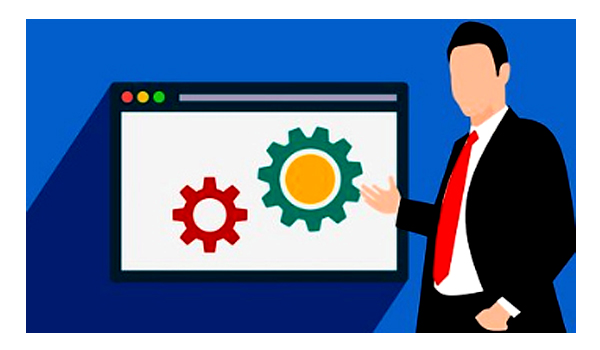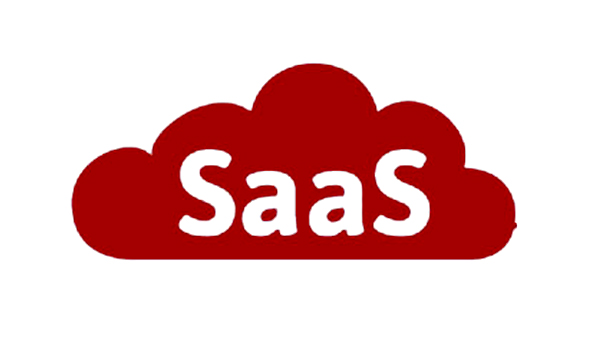Application Lifecycle Management
Application lifecycle management is an integrated system of software, people and processes that is used to manage software development lifecycle from start to finish.
Updated: October 9, 2023

Application lifecycle management is an integrated system of software, people and processes that is used to manage software development lifecycle from start to finish. ALM ensures that the stakeholders provides accurate information and their needs are met on time.
An application lifecycle management software suite is used by many businesses to keep stakeholders on the same page while giving better visibility. Software development can be made transparent and an ecosystem can be created to collaborate and complete tasks related to creating or improving software by these tools.
Waterfall methodology, Agile methodology, DevOps and Lean ALM are different types of application lifecycle management and each method has their own pros and cons. However, choosing the right software development methods is important for a successful lifecycle management.
Better quality, efficiency, informed decision making, compliance and visibility are some of the benefits of application lifecycle management.
ALM is split into six various phases based on the methodology used. Planning and design, Governance, Application development, Software testing and quality assurance, Deployment, Maintenance and continuous improvement are the stages that a developer needs to know to get visibility to the entire lifecycle process.




